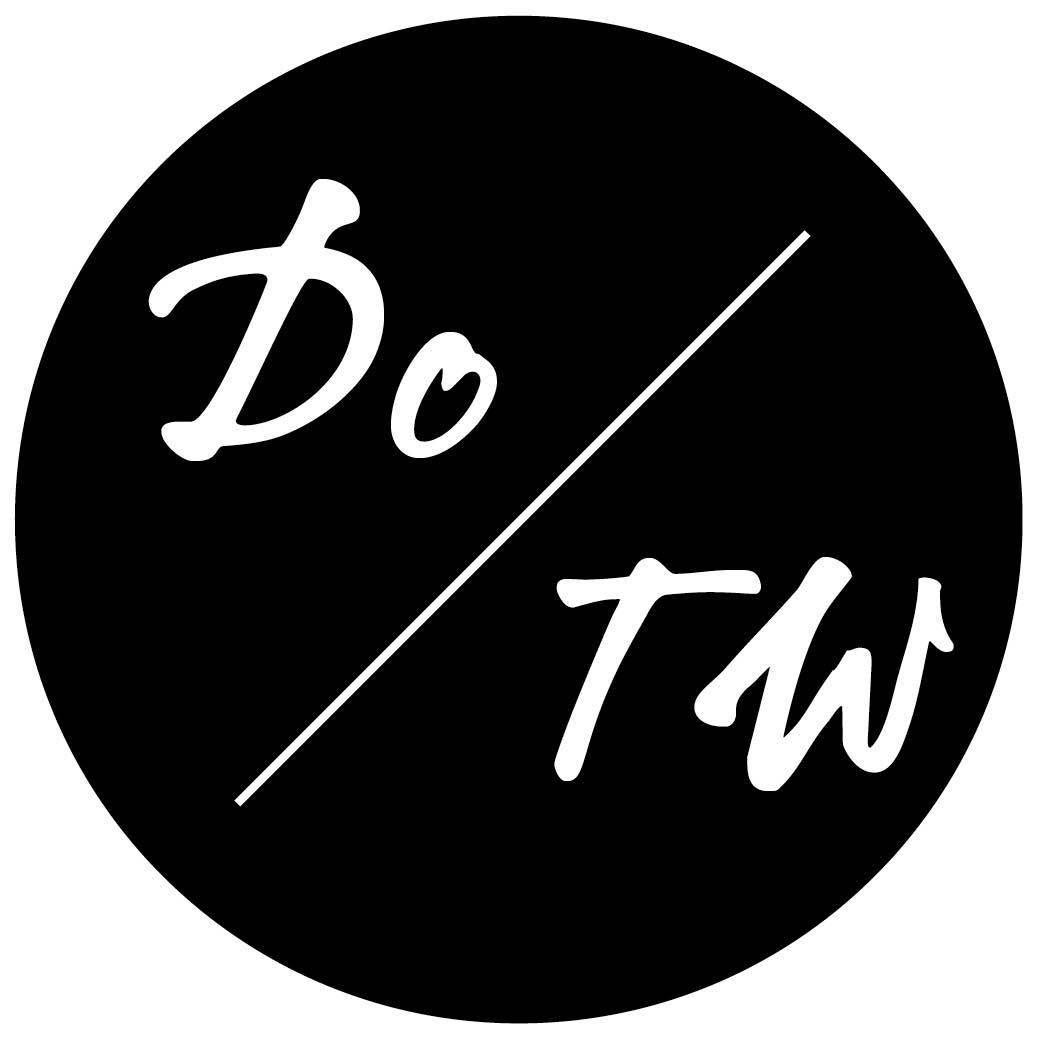The Simple Core of Most of Your Travel Writing Problems

Travel writing is a tricky profession.
I mean that very literally.
It’s not that it’s difficult to succeed at (contrary to popular belief–it’s dead simple to make a good living at if you follow the right steps). The problem is that it’s very easy to be tricked about the profession part of the equation.
In addition to working through our annual review series with all of our readers, I’m currently working with a new batch of coaching program members, and the beginning of that process inevitably begins the same way: intensely dissecting how they spend their “work” time.
When you are working in an office, as many of you did before coming to thus profession, it may have been the case that you had multiple days to devote entirely to something that only netted a one-time income of $20 or even $200 for your employer.
(And even if that was the case some time back, today, post-recession, full-time staff are more than not doing the jobs of three pre-recession employees and would not find themselves in this situation.)
Yet, I would guess that at a minimum–and we doing a lot of cataloguing of the world’s travel writers–sixty percent of the people who call themselves travel writers do this.
At the core, it’s because there is no boss, corporate structure, job description, or team meeting in place to prevent this from happening.
You have literally no accountability.
Sure, you are responsible for the sum in your bank account, but, some of you aren’t worried about that, and others have simply compartmentalized that they keep that number bobbing along through other stimuli and that there is no pressure on their travel writing time for some number of months or years to make that kind of impact.
Across the board, with people that I know or have taught or coaching, I can tell you that the people who make the shift into a comfortable, mid-career level of freelance travel writing, in which they don’t have stability concerns and can focus on looking to the future, growth, and landing bucket-list gigs, do have accountability to something aside from their bank account.
They are pledged to making their freelance travel writing business work. In the long-term.
The first step toward making your freelance travel writing business work is treating it, 100 percent, like a business, and that begins with business planning.
That’s why, in this week’s webinar, we are going to revisit a business fundamental that very, very, very few freelance travel writers (I don’t know any, but I assume there must be some doing thus somewhere!) embark upon, even though it’s a tool other businesses use constantly.
Join us today, Thursday, December 7 at 3:30 pm EST / 12:30 pm PST, for our new webinar on Taking Stock of the Past Year–How to SWOT Yourself Into Shape.
In the previous webinar, we gathered the data we needed to really see what happened in your last year as a freelance travel writer and began to dive into what conclusions and next steps you could draw from there.
This webinar takes things a step further, adopting the SWOT (strengths, weaknesses, opportunities, threats) business analysis for the travel writer to uncover what steps you should look to include in your plan for 2018.
Please note: if you haven’t caught the previous webinars in this series, we highly recommend doing so before joining today’s session. The webinar from last week will automatically expire at 3:30pm today, but you can still catch it now and make it a double-header of planning to double your business in the year ahead 🙂
Register here to catch the webinar live or have access to the replay for one week, after which time it will be available in our webinar library along with the full transcript.
